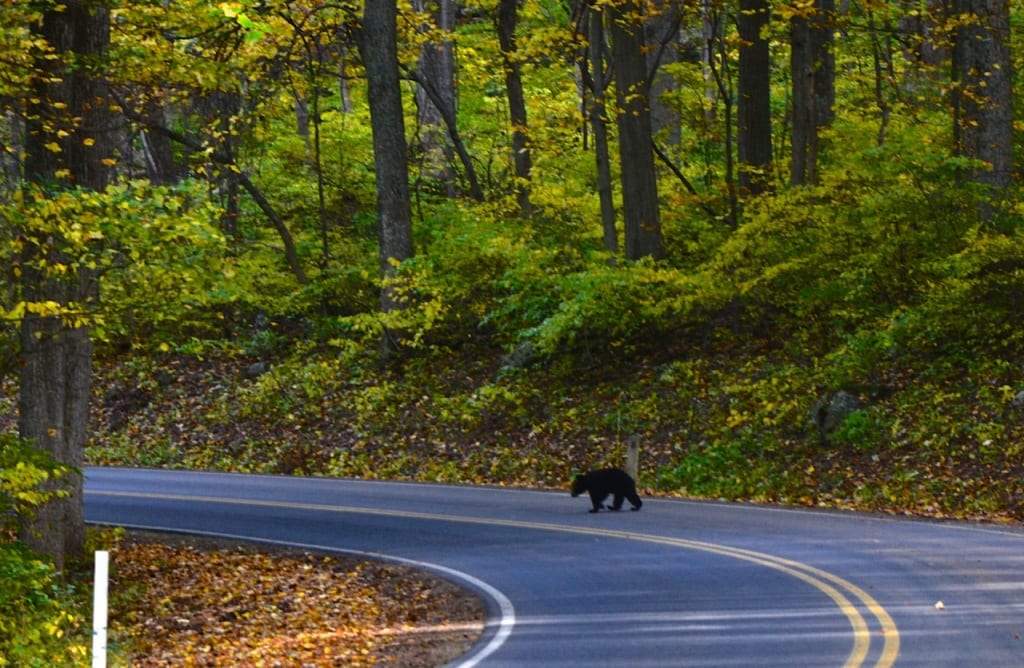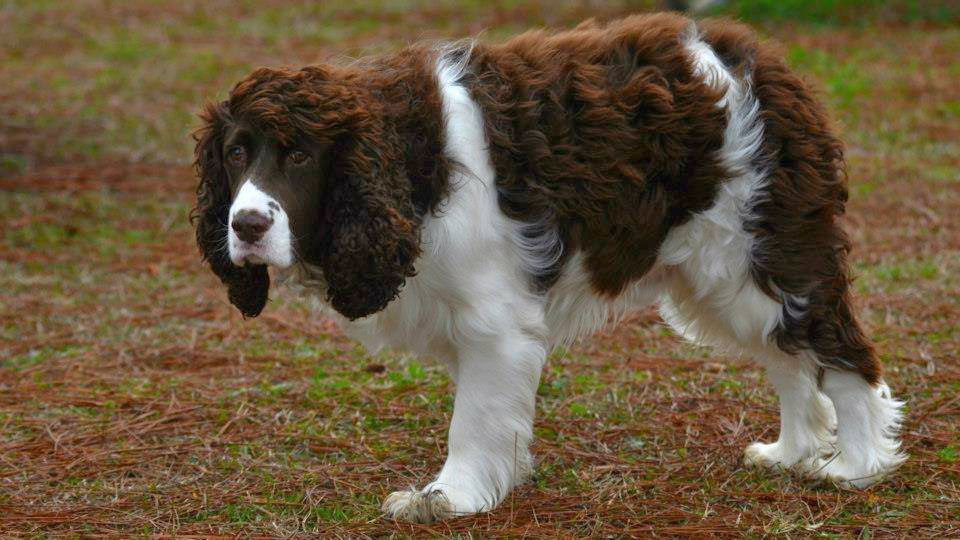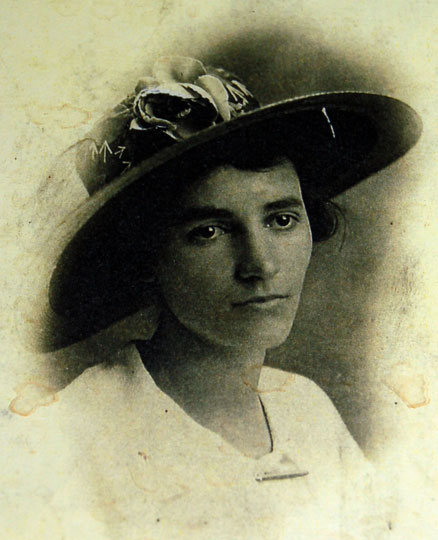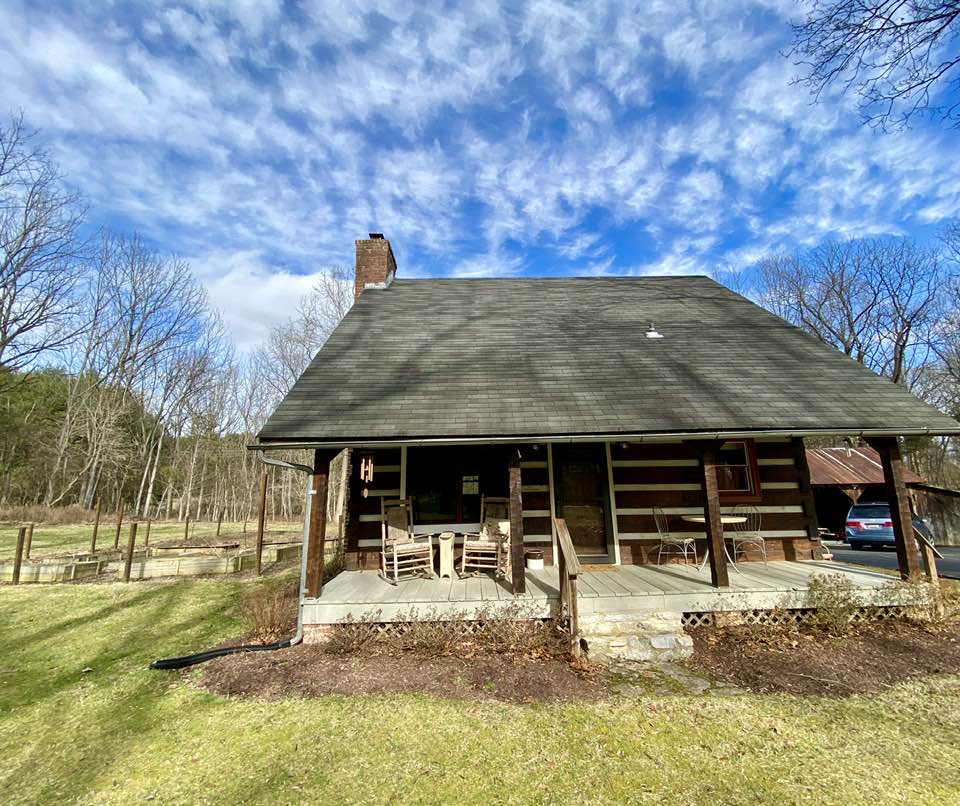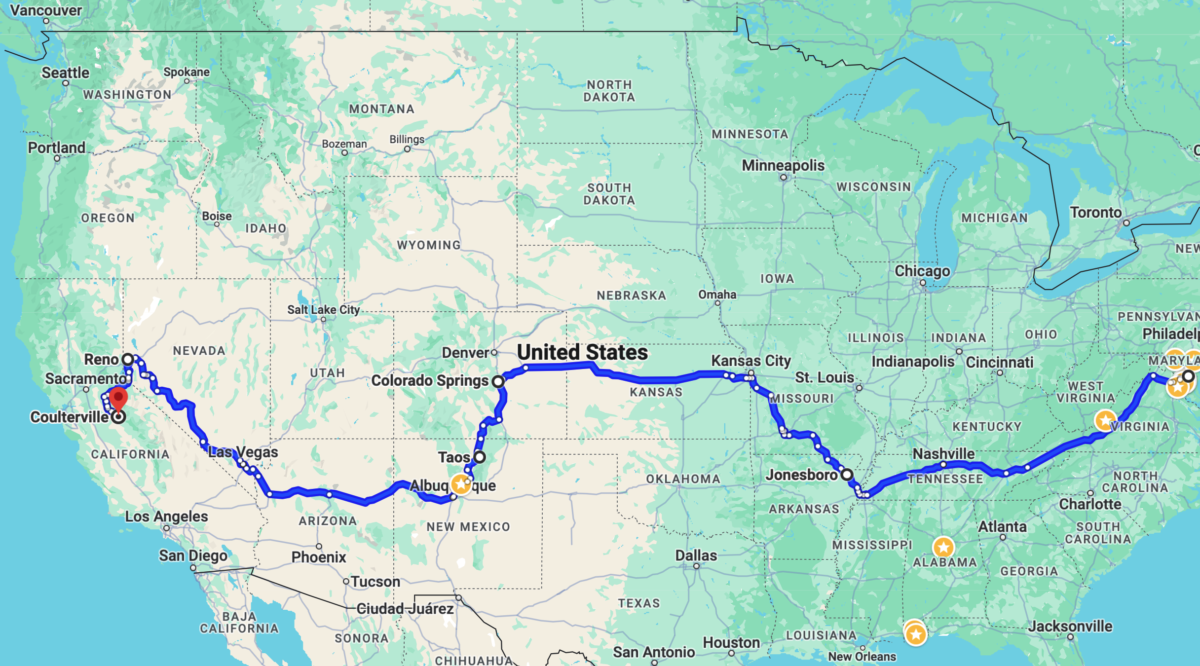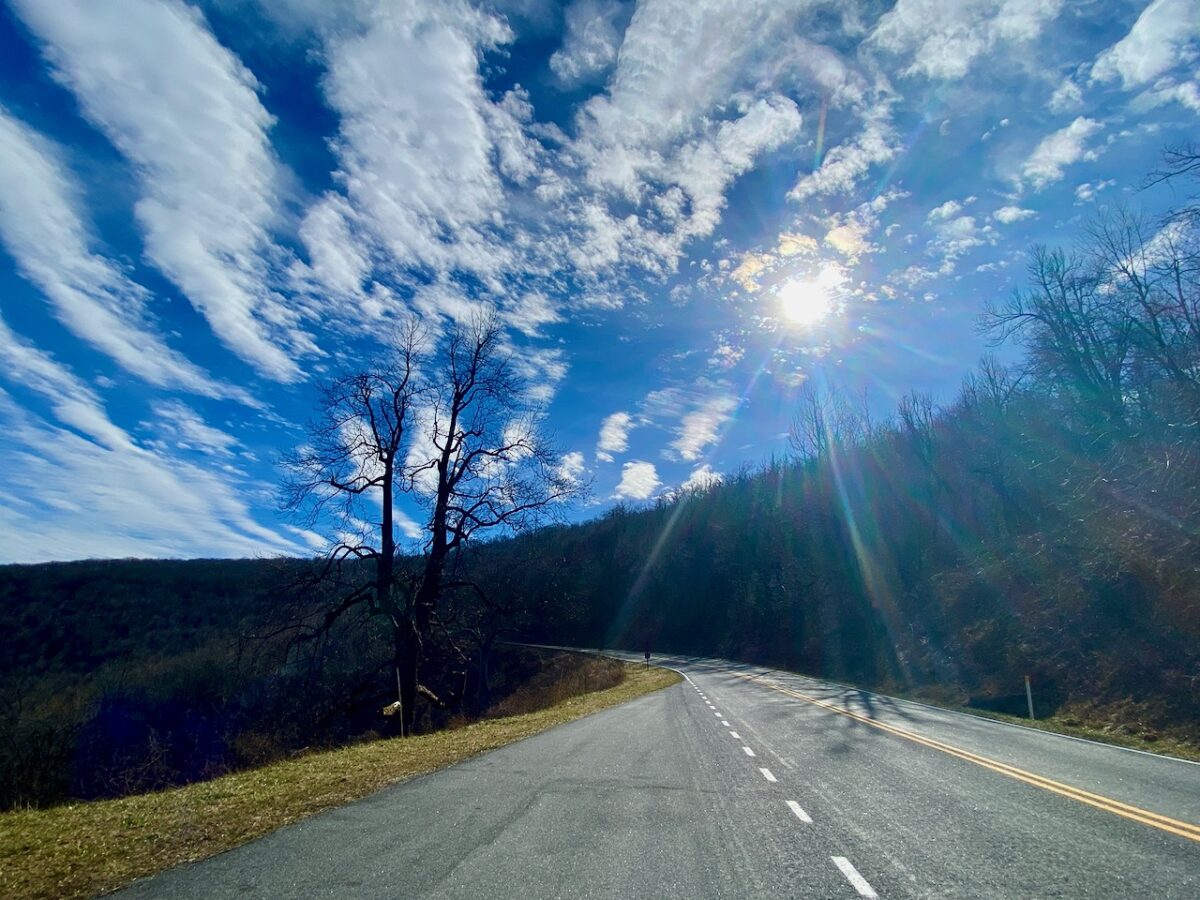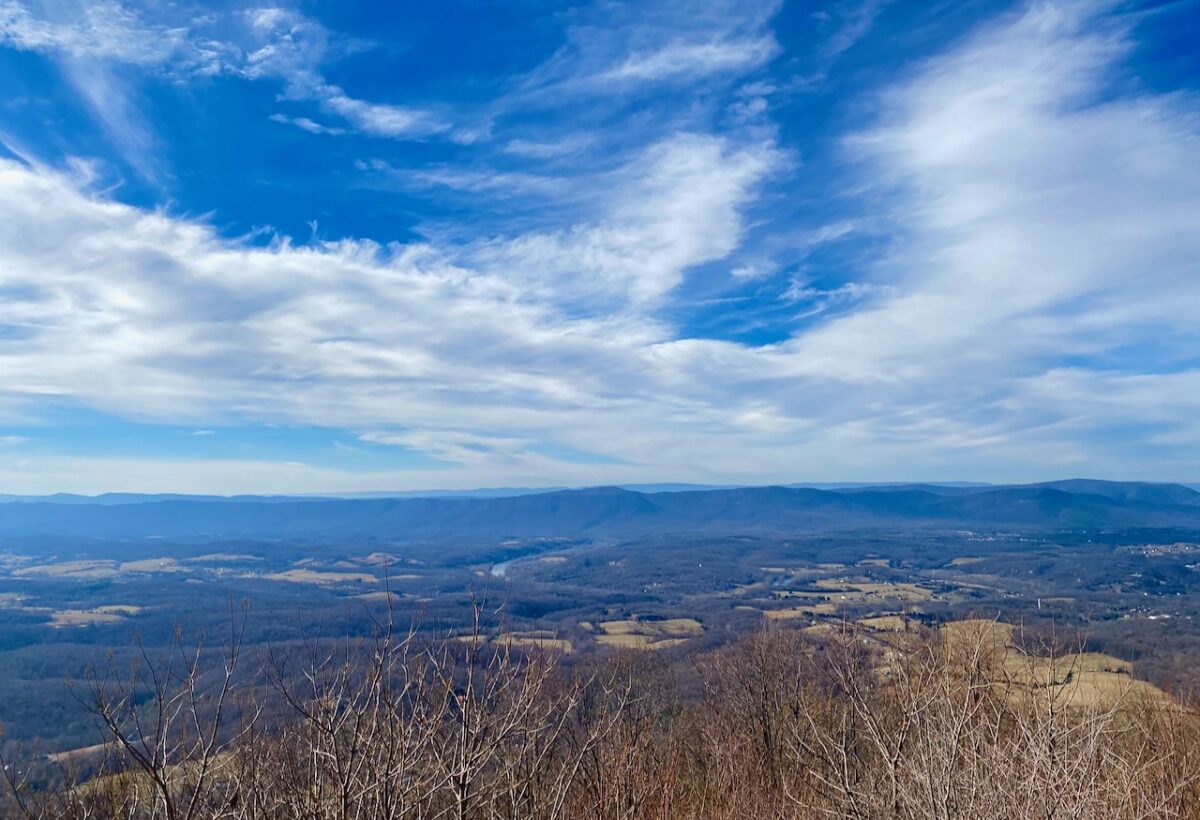
A winter day view of the Shenandoah Valley and river in Virginia from Skyline Drive in Shenandoah National Park: Glynn Wilson
Secret Vistas –
By Glynn Wilson –
WASHINGTON, D.C. — So in between everything else that’s going on in the news and my life at this time, which has been pretty busy and productive of late, I had a chance on Thursday to get out on the road for a day trip to Shenandoah National Park in Virginia.
My long-time close friend Brooks Boliek wanted to do a bicycle training ride on Skyline Drive, and I had some errands to run in Front Royal myself. So we headed out about 9:30 in the morning and got Siri to help us figure out the fastest route across the Potomac River. By 11:30 a.m., next to the sign at the entrance to the park, he took off on the top-of-the-line Bianchi up the 7-mile climb into the mountains.
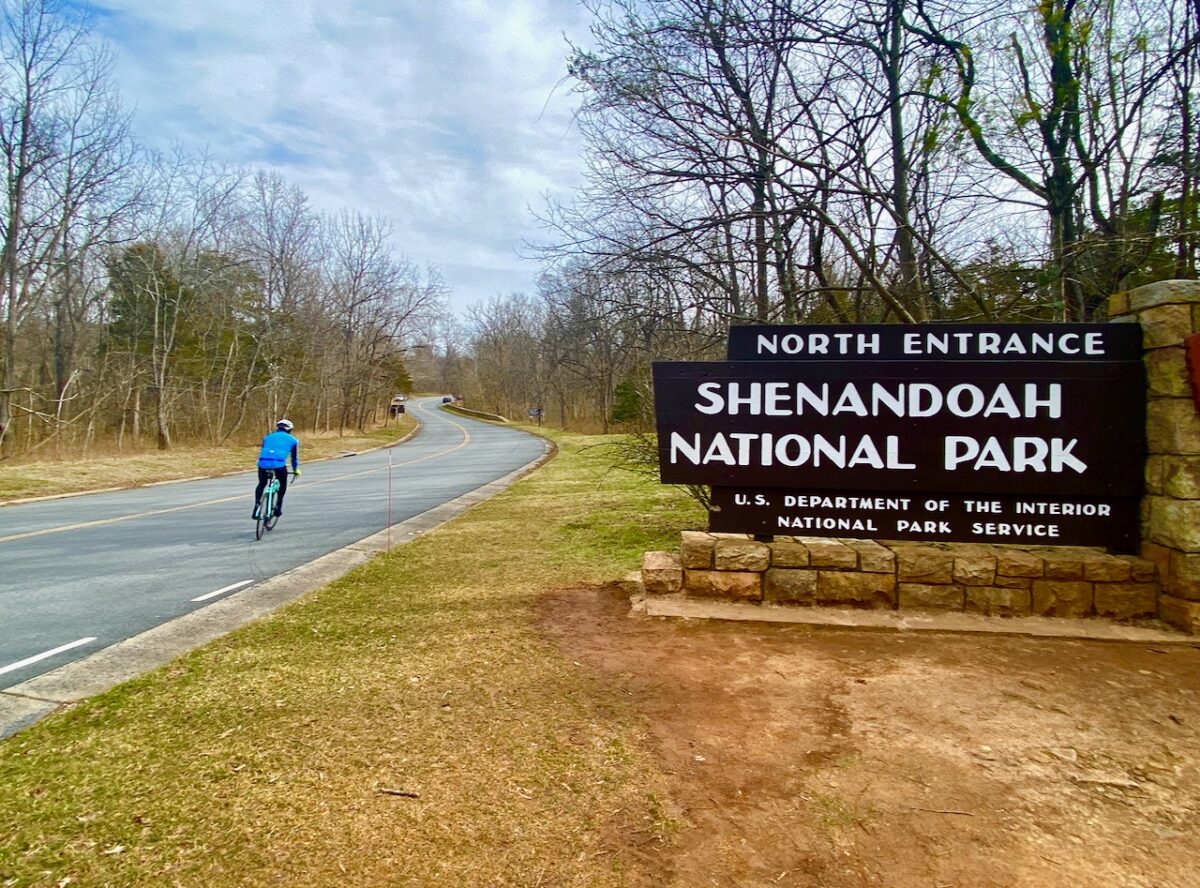
Rolling out and up the mountain into Shenandoah National Park on a stellar winter day. It’s a seven mile climb to the top of the first major ridge, right before the straight downhill to Black Bear Curve: Glynn Wilson
I ran my errands, then caught up with him on the road and passed, stopping as I always do at the pull off in the woods in a little spot I like to call Black Bear Curve.
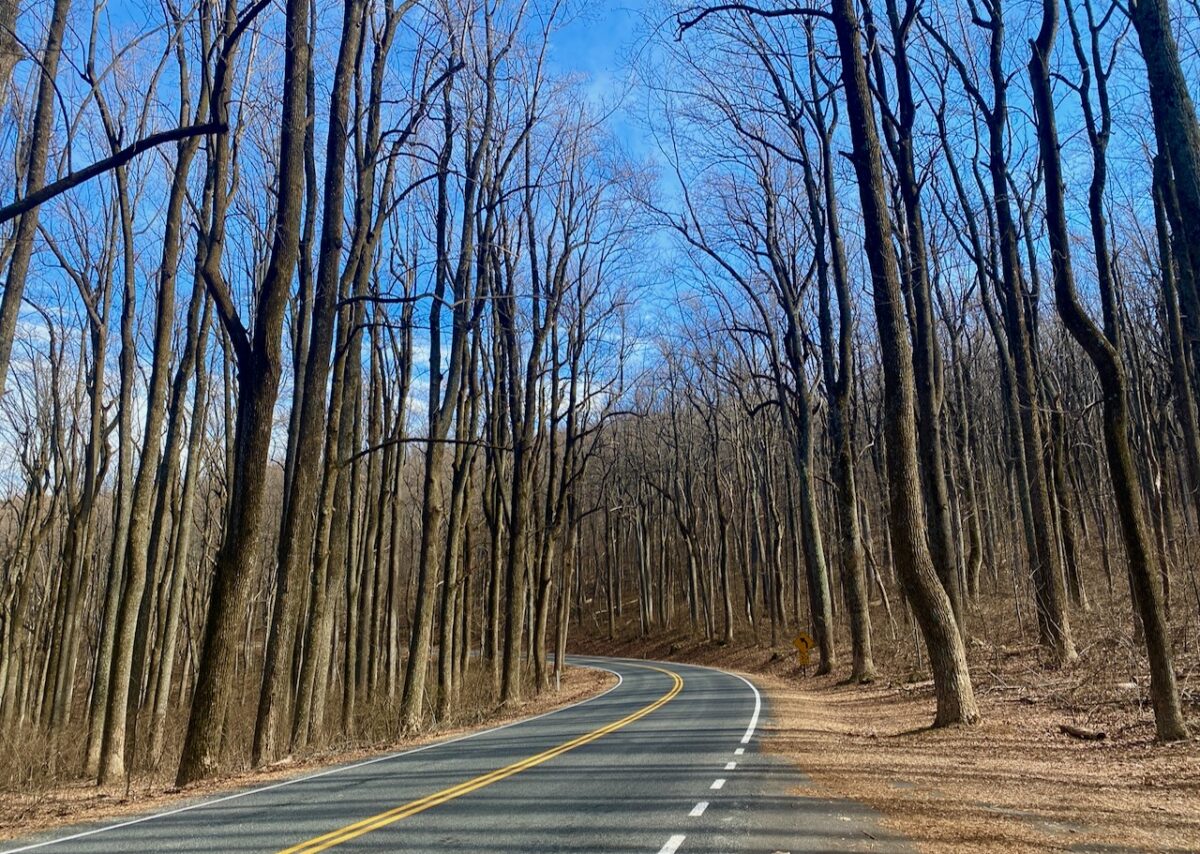
A winters day view of Black Bear Curve along Skyline Drive in Shenandoah National Park in Virginia : Glynn Wilson
A trail leads through some beautiful old trees to the Appalachian Trail, where there is a spot I like to call the Crossroads. Black Bear Curve is not an official name sanctioned by the National Park Service, but that’s what I’ve been calling it since the fall of 2014, when I found the place and magically managed to get photographs of a black bear crossing the road.
Even the first time I found the spot, back when I was traveling with my beautiful Springer Spaniel Jefferson, the place seemed to have a spiritual feeling about it. I walked up to the Crossroads, and sat down on a log for a smoke like Huck Finn might have done in his day if he had made it this far north.
It’s a quiet place, where the only thing breaking the silence are the Pileated woodpeckers and yellow hammers banging on the trees for grubs, the occasional call of a hawk or a peregrine falcon, maybe the territorial “caw, caw” of an American crow, or better yet, the guttural croak of a raven. Other birds sometimes join in the clatter too, adding their songs to nature’s symphony. But there are no other people around talking, no talking heads on TeeVee blathering on and on about stuff they know little about. No podcasters or TikTok videos to distract the mind.
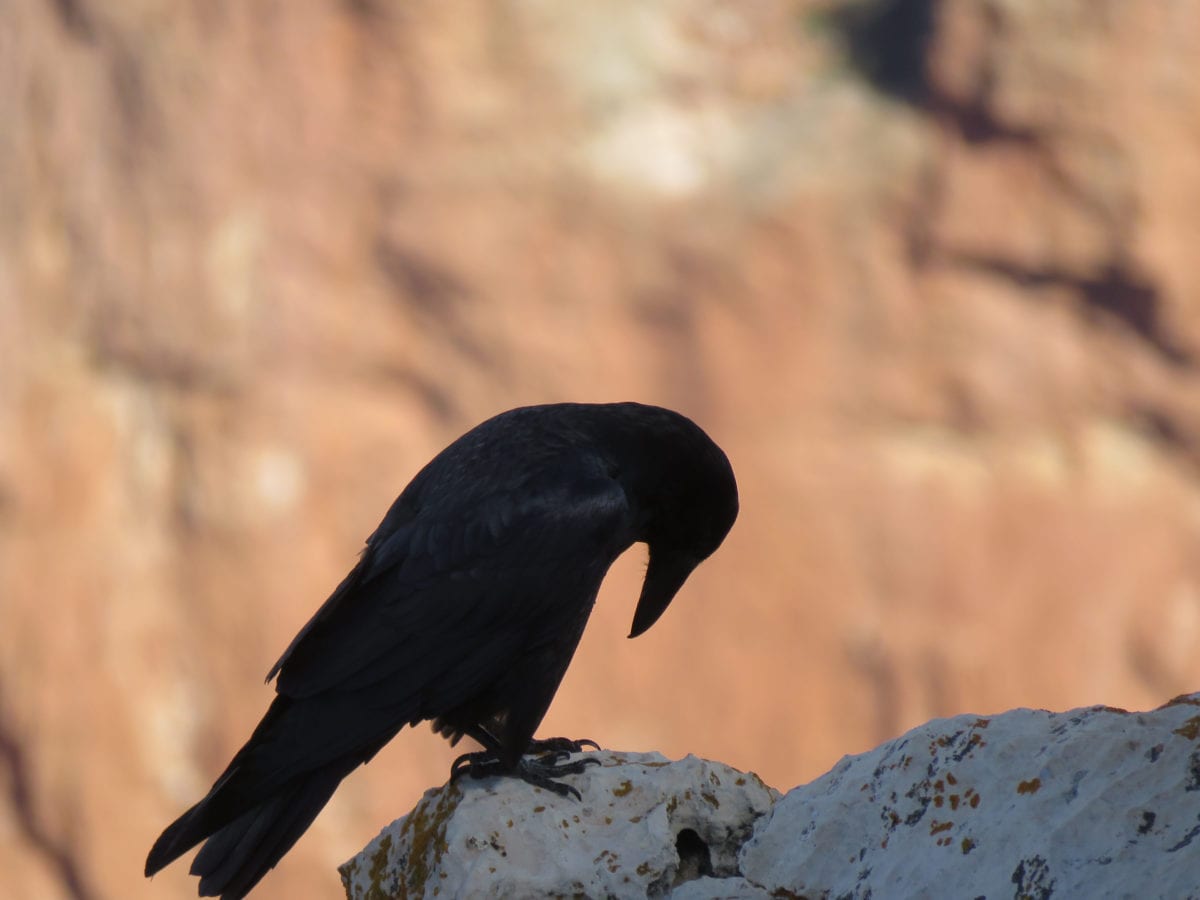
An American Raven [Corvus corax] hanging around the Desert View Watch Tower in Grand Canyon National Park: Glynn Wilson
In the busy summer travel and camping season, you can hear a car or an RV pass by on the road. But in the winter time, there are long stretches where you hear and see nothing else on the road at all. The campgrounds are closed for the winter. Skyline Drive remains open, unless there is a big snow storm.
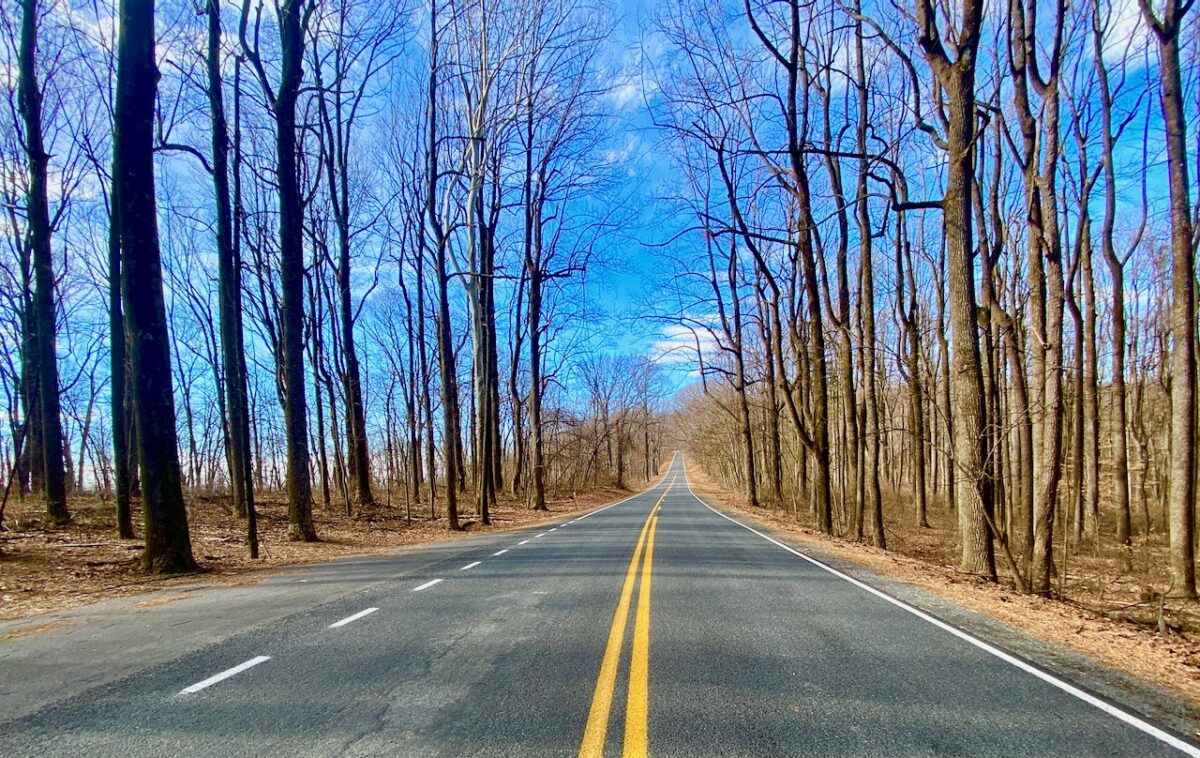
A winters day view from Black Bear Curve along Skyline Drive in Shenandoah National Park in Virginia : Glynn Wilson
Even spending 30 minutes there going in and coming back you can manage to relax, slow your heart rate, get your blood pressure down, and get your mind in a fervent place. It never fails to get me into a spiritual zone, where I can concentrate on thoughts related to my reading, thinking and writing. Writers write.
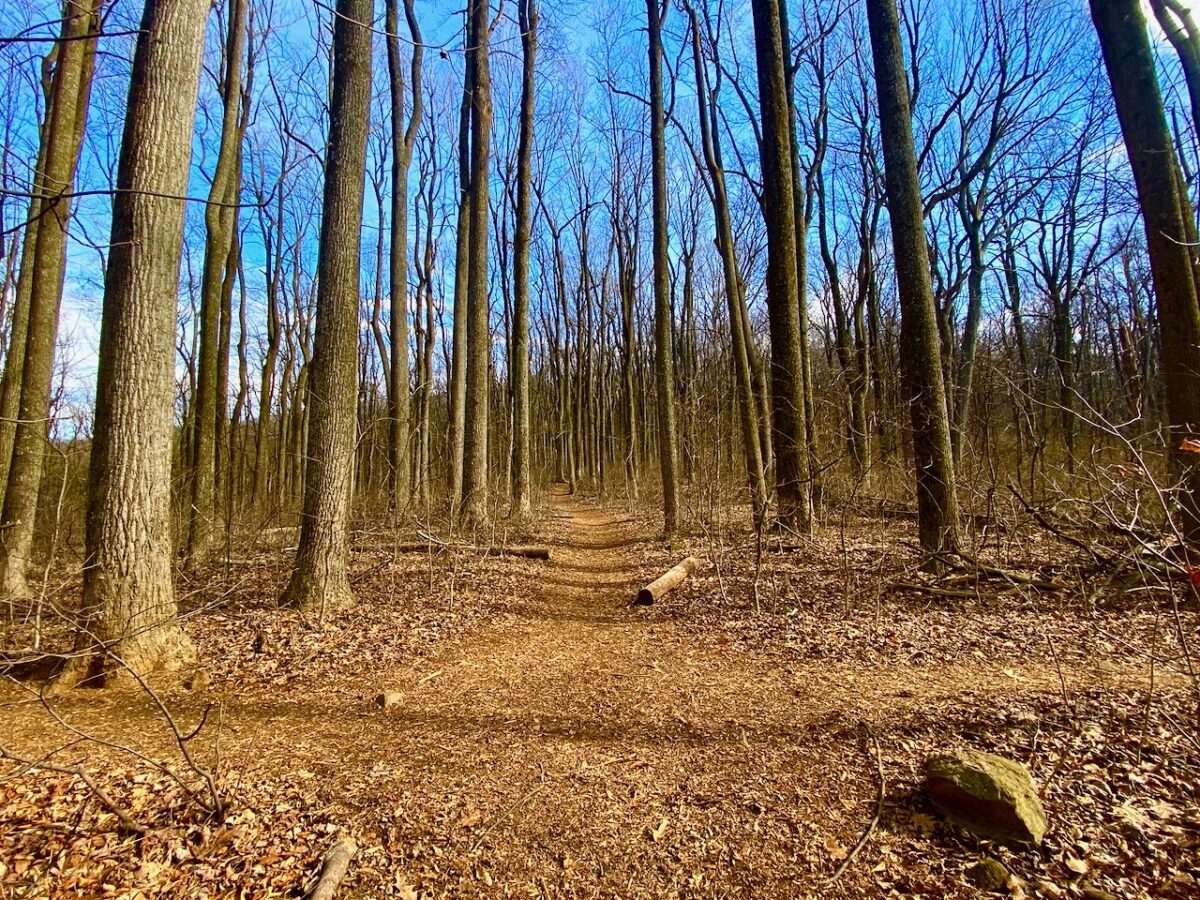
A winters day view of what I call the Crossroads, where the access trail from Skyline Drive crosses the Appalachian Trail in Shenandoah National Park in Virginia : Glynn Wilson
Sometimes you might even experience an epiphany too. It’s too short a trip to call a vision quest, but I do sometimes find myself speaking to my ancestors, some of whom may or may not have been Cherokee from Alabama. For years I thought for sure I must have some Cherokee blood, but the Ancestry database is no good.
I mean why would a Native American sign on to Ancestry.com to send in a DNA sample to find out who they are and where they come from, genetically or on the planet? Think about it. So the private company’s database has no data entries on Native American DNA. If there is any it is a minuscule amount. It’s not a government database where collectors went out looking for it, like they did with mountain country music in the Appalachians.
When I got tested, the first results showed less than 1 percent [>1]. But that is greater than zero [>0], so you never know.
There are books and files in libraries you can check, and some other online resources too. But again, most of the Cherokee people who were left in North Carolina, Georgia and Alabama about the time of the Trail of Tears were not keeping paper records. They were hiding out in caves, and integrating into the changing society by cutting their hair, donning the clothes of simple farmers, attending schools and going to churches so they could fit in and not be obliterated from the world. They intermarried with the Scotch-Irish settlers and immigrants, and had children with them and grew food so they could survive.
They had no family Bible to write down their family records. There was a written language developed for the Cherokee, and a newspaper published for awhile. But by and large, those who escaped the removal act disappeared into polite society.
The DNA Industry and the Disappearing Indian: DNA, Race and Native Rights
But as I sit on a log or a rock in the mountains and dig deep into my own psyche for answers, sometimes I have these thoughts almost like visions like you sometimes see in the movies. Not being a religious sort, I do not pray to any god for guidance. But I sometimes do ask for assistance from my ancestors, even if they are mostly white. I think of my father and grandfather, and especially my grandmother, who is the one I most suspect of being part Cherokee.
She had the look, the facial features and long straight black hair, which of course she wore mostly in a grey bun on top of her head when I knew her. But a few times when I spent the night, usually during a couple of weeks in the summer, I saw her let it down and brush it out before going to bed. It was down to her waste. And she was always so friendly, loving and nice to me, in a very gentle way. She was also smart and creative. She worked some as a librarian, I understand, and she played the organ in church.
So I’m sitting there at the Crossroads, thinking about all the reading and writing I’ve been doing of late, and the transitional planning I’m involved in at this time. I’m working up a plan for my next move, which I’ve done all my life. I’m looking at some property with cabins in the Catoctin Mountain region in Maryland.
And I’m still working on a plan I’ve had for the past few years to head west, if and when it comes to that.
On Friday, I talked to Tommy V. Wier, who is working on a documentary film about my old friend Wayne Perkins down in Birmingham, Alabama. Wayne got the final quote to end the story I did this week on Joni Mitchell at the Grammys.
We Lived in the Time of Joni Mitchell: Could the Grammys Give America the Hope We Need?
I may be able to help bring this thing off and do it right, and maybe give a final push to get Wayne into the Alabama Music Hall of Fame.
So I’m still not sure which direction the media camper van is going to be headed when I decide my time in the nation’s capital covering news and politics is up. I would like to think I could remain here through all the Trump trials and the 2024 election to see up close how it all goes down.
We will see.
More Photos
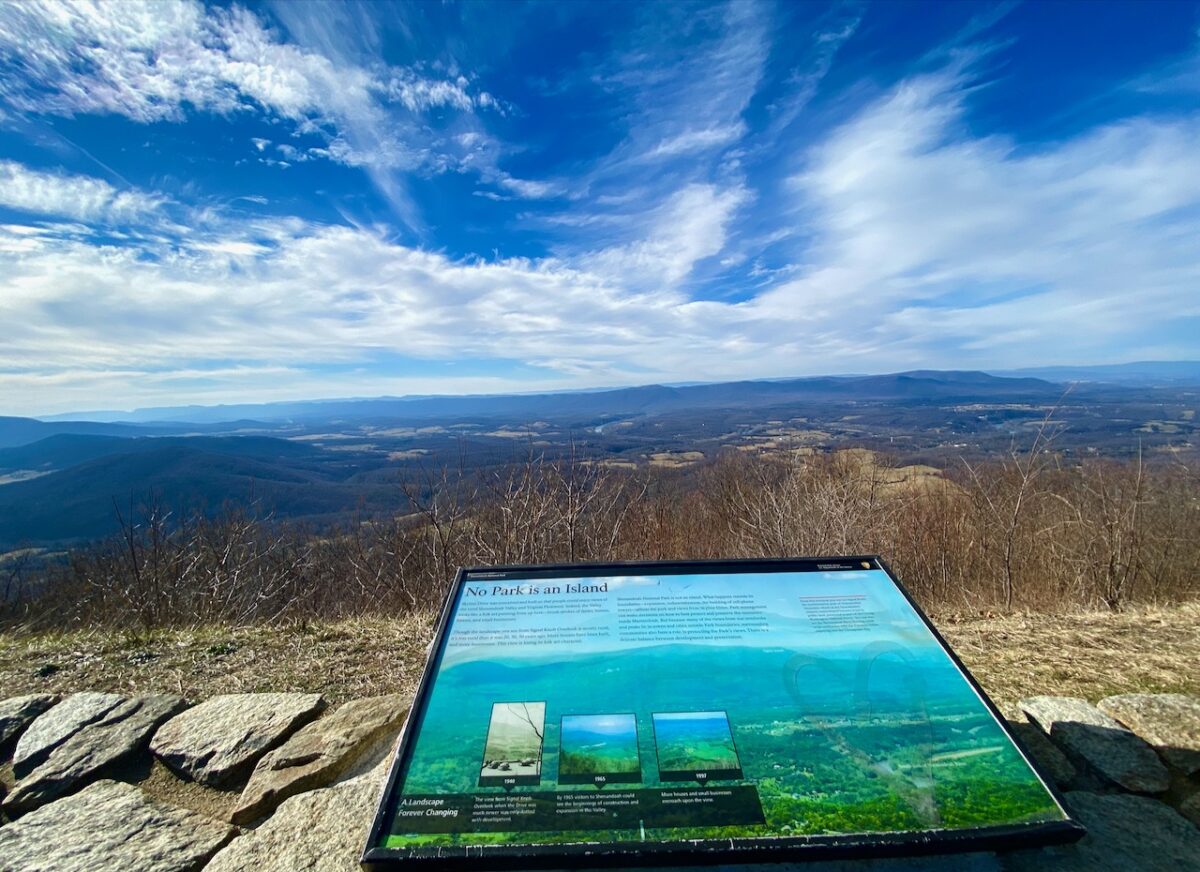
A winters day view of the sky from an overlook along Skyline Drive in Shenandoah National Park in Virginia: Glynn Wilson
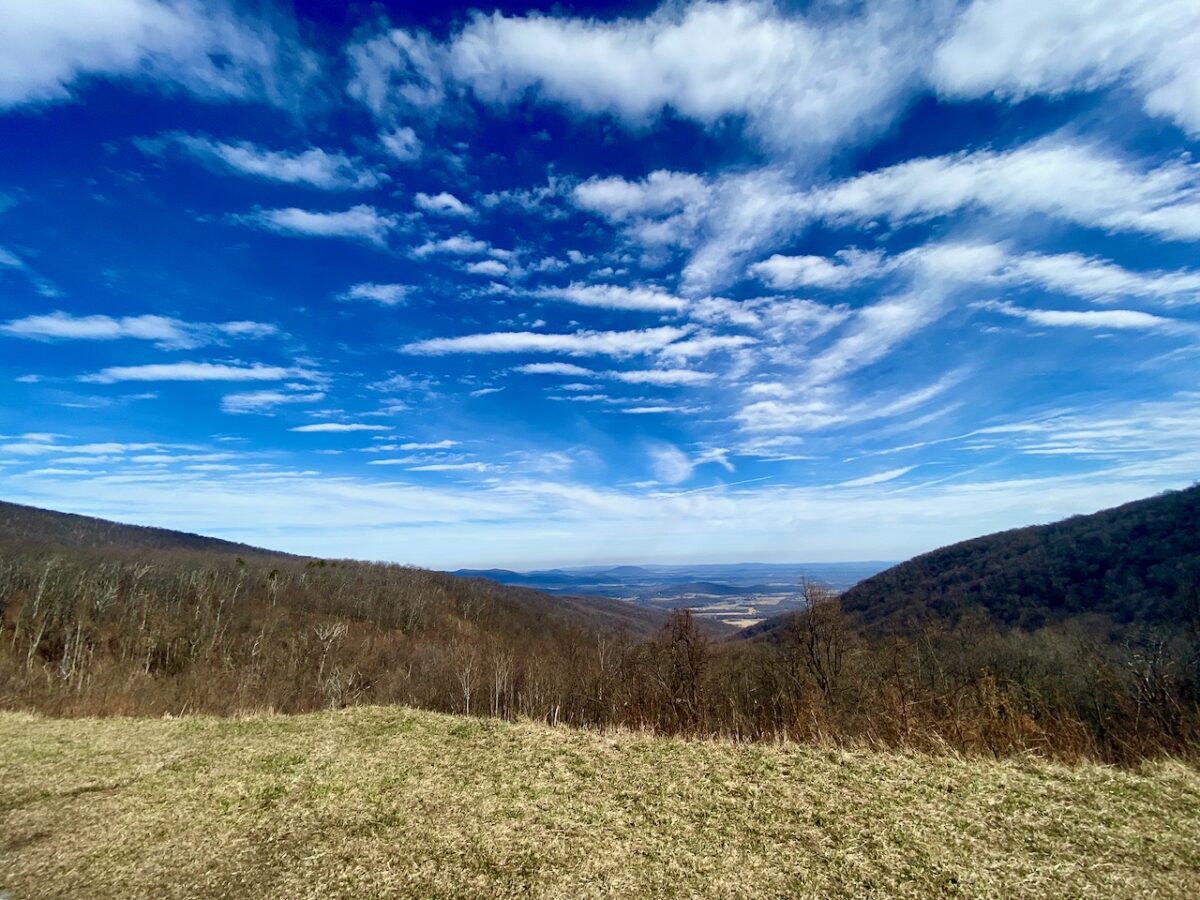
A winters day view of the valley in Virginia along Skyline Drive in Shenandoah National Park : Glynn Wilson
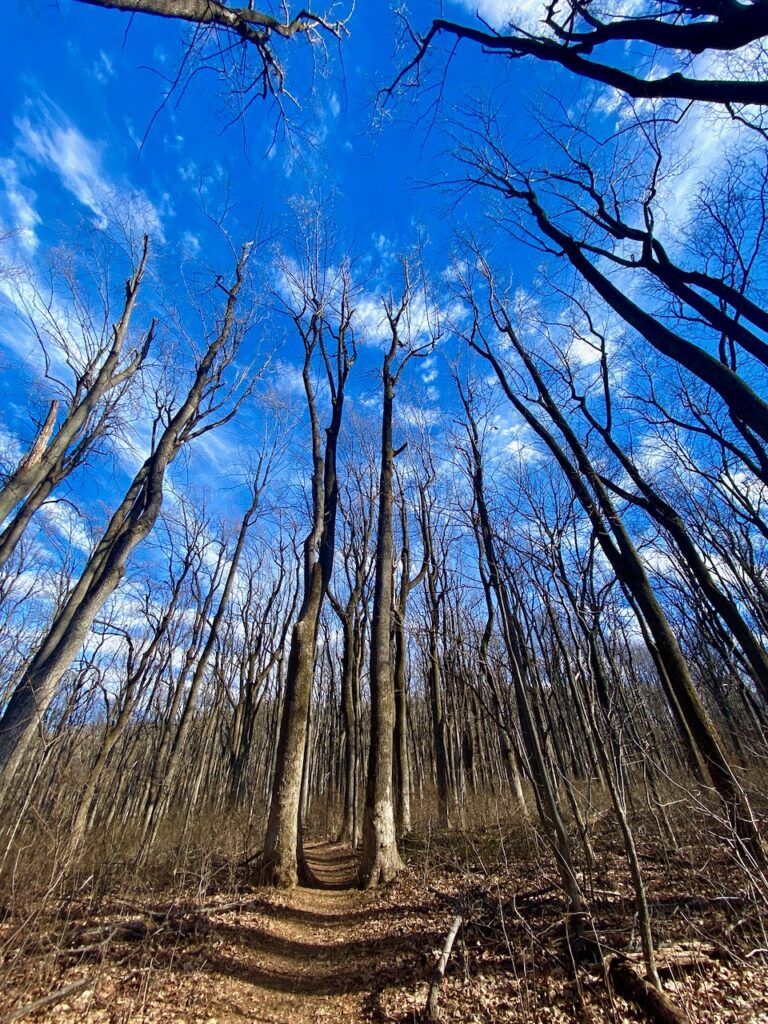
A winters day view of trees and sky along Skyline Drive in Shenandoah National Park in Virginia : Glynn Wilson
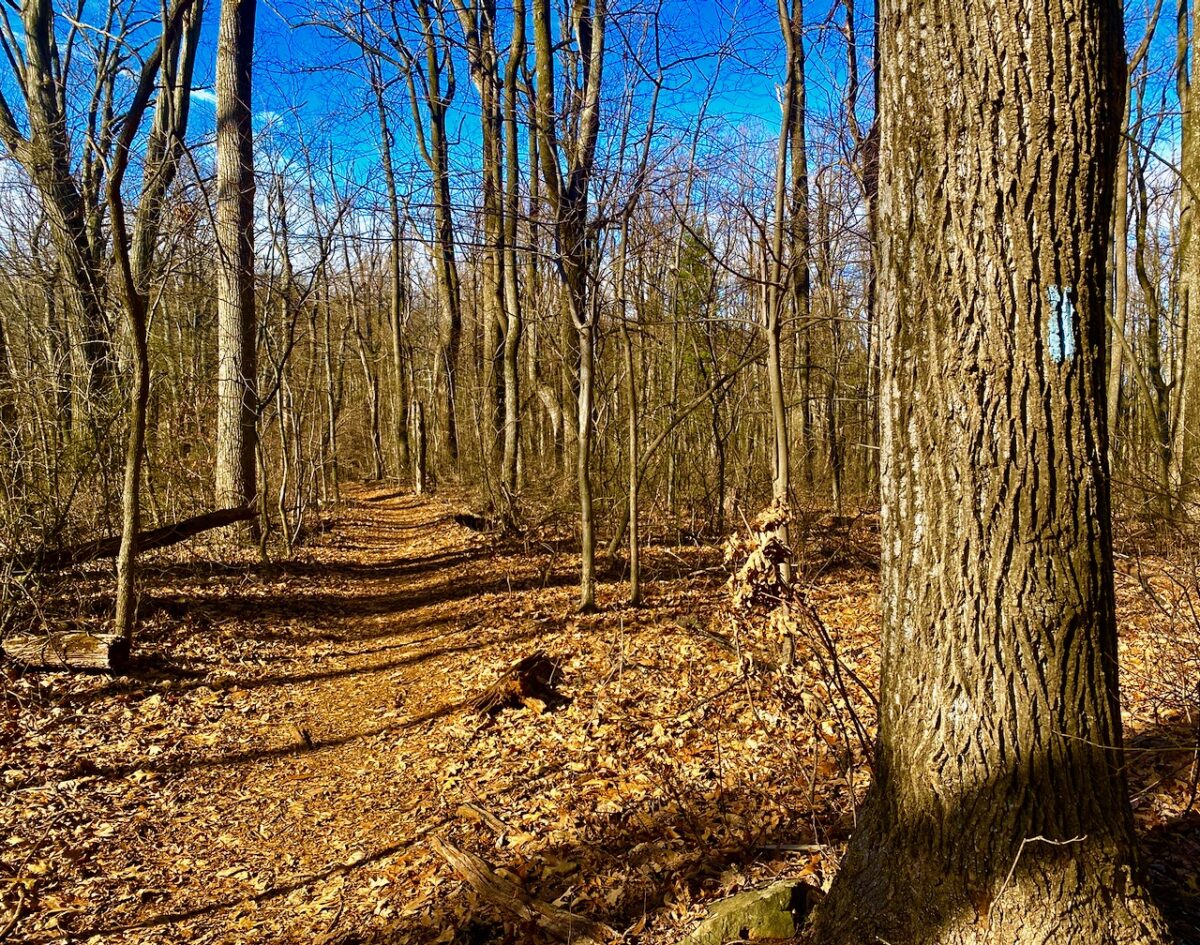
A winters day view of what I call the Crossroads, where the access trail from Skyline Drive crosses the Appalachian Trail in Shenandoah National Park in Virginia : Glynn Wilson
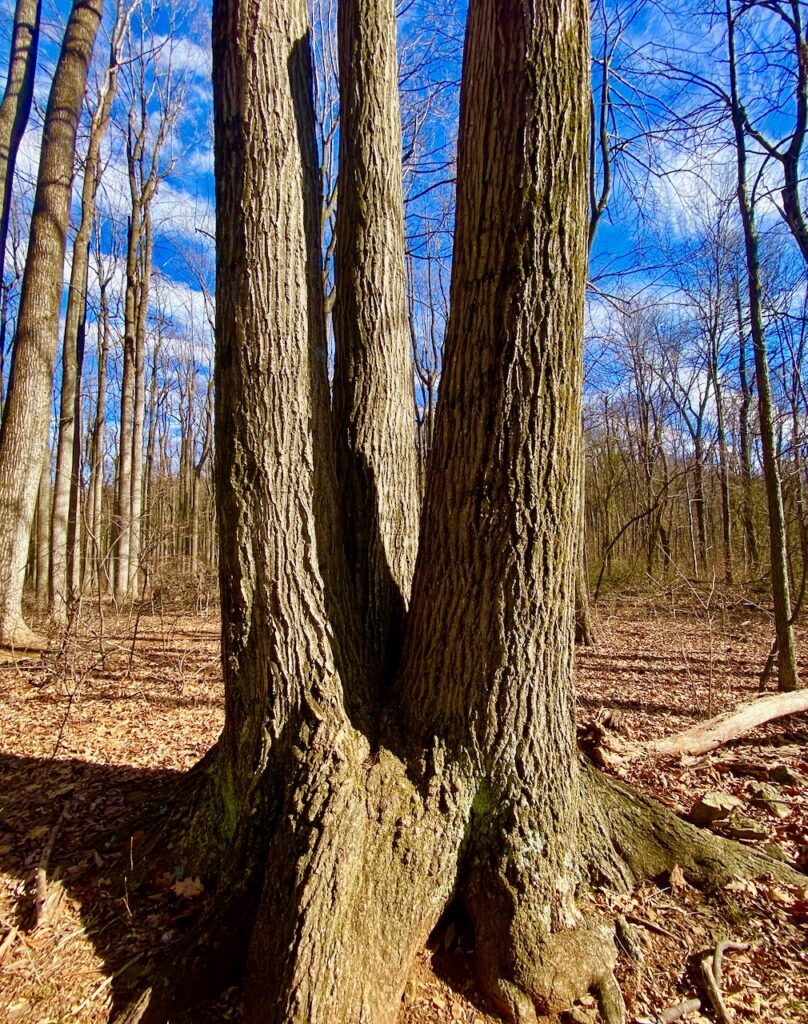
A winters day view of what I call the Crossroads, where the access trail from Skyline Drive crosses the Appalachian Trail in Shenandoah National Park in Virginia : Glynn Wilson
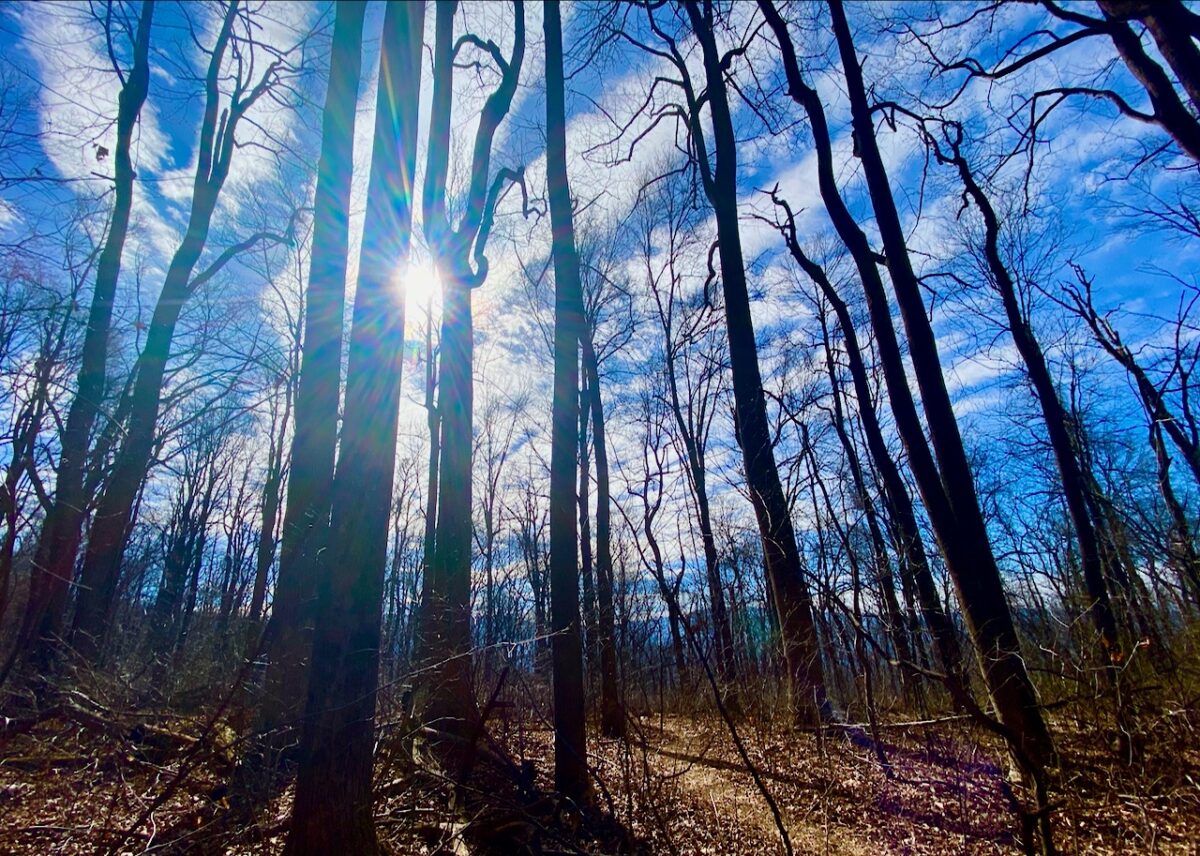
A winters day view of what I call the Crossroads, where the access trail from Skyline Drive crosses the Appalachian Trail in Shenandoah National Park in Virginia : Glynn Wilson
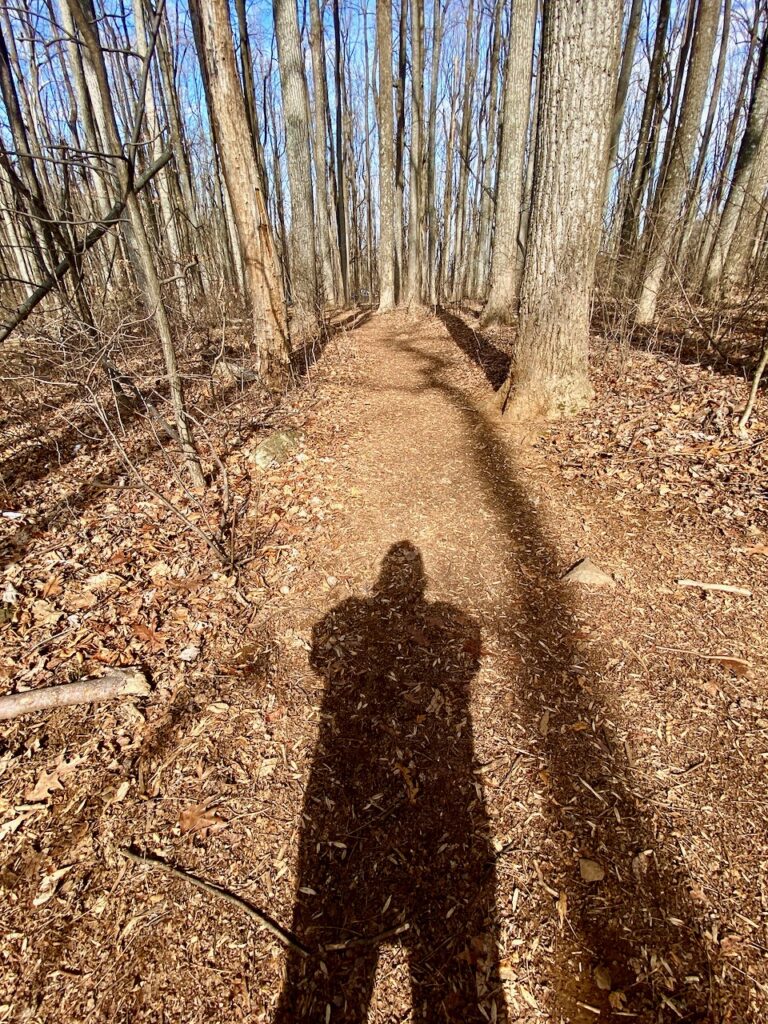
A winters day view of what I call the Crossroads, where the access trail from Skyline Drive crosses the Appalachian Trail in Shenandoah National Park in Virginia : Glynn Wilson
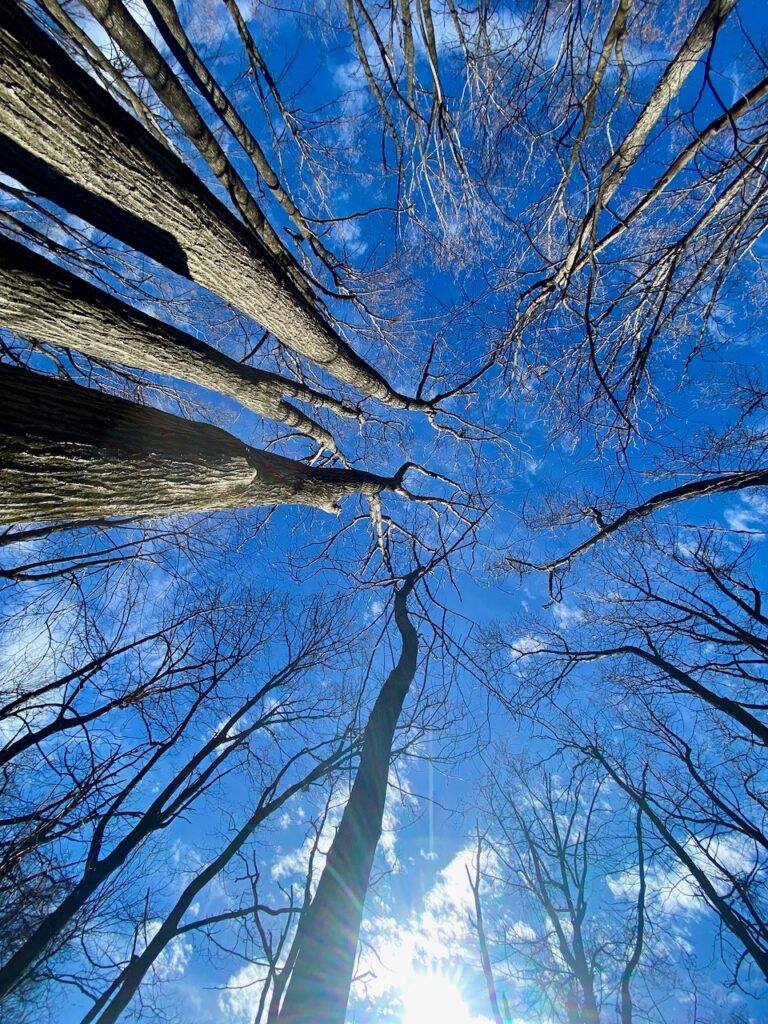
A winters day view of what I call the Crossroads, where the access trail from Skyline Drive crosses the Appalachian Trail in Shenandoah National Park in Virginia : Glynn Wilson
___
If you support truth in reporting with no paywall, and fearless writing with no popup ads or sponsored content, consider making a contribution today with GoFundMe or Patreon or PayPal. We just tell it like it is, no sensational clickbait or pretentious BS.


